Janine di Giovanni has spent much of her celebrated career witnessing the worst of what mankind can do to itself, but also the best that people under extraordinary circumstances can do for others. Listen as she discusses her experiences and, in particular, the work she has done on the lives of Palestinians in Gaza.
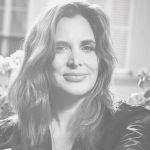 Janine di Giovanni is a Senior Fellow at Yale University’s Jackson Institute for Global Affairs. She is currently directing a project sponsored by the UN Democracy Fund that promotes transitional justice in Yemen, Iraq, and Syria, as well as consulting for UNICEF on gender and refugee issues. In 2019, she won a Guggenheim Fellowship for her research in the Middle East, and in 2020, she received the American Academy of Arts and Letters highest prize for non-fiction, the Blake Dodd, for her body of work spanning three decades. She is a Global Affairs columnist for Foreign Policy Magazine and The National, in Abu Dhabi.
Janine di Giovanni is a Senior Fellow at Yale University’s Jackson Institute for Global Affairs. She is currently directing a project sponsored by the UN Democracy Fund that promotes transitional justice in Yemen, Iraq, and Syria, as well as consulting for UNICEF on gender and refugee issues. In 2019, she won a Guggenheim Fellowship for her research in the Middle East, and in 2020, she received the American Academy of Arts and Letters highest prize for non-fiction, the Blake Dodd, for her body of work spanning three decades. She is a Global Affairs columnist for Foreign Policy Magazine and The National, in Abu Dhabi.
The world is transfixed by the tragic images emerging from Russia’s brutal invasion of Ukraine: broken people and families, destroyed schools, homes and buildings. Unfortunately, many modern conflicts never really end, so the casualties of such wars never have a chance to heal. Whether or not that will be the case in Ukraine remains to be seen, but that certainly describes the wars in Syria, the West Bank, Gaza, Bosnia, parts of Africa, and elsewhere. In a globalizing world where war was supposed to be a thing of the past, that shouldn’t be happening, which ironically may be part of the explanation for why it is. We too quickly move on to the next issue, assuming that what’s done is done.
War correspondents and war photographers know better. Our guest, Janine di Giovanni has spent much of her celebrated career so far reporting from the Balkans, Africa and the Middle East. She has witnessed the worst of what mankind can do to itself, but also the best that people under extraordinary circumstances can do for others. And that balance between evil and good comes through in her reporting.
Listen as she discusses her experiences and, in particular, the work she has done on the lives of Palestinians in Gaza.
What do YOU think?
***
This conversation was recorded before the start of Russia’s war with Ukraine. Listen to the episodes here or find us on a podcast platform of your choice (Apple podcast, Spotify, Acast, Stitcher, Google podcast, Youtube, etc).
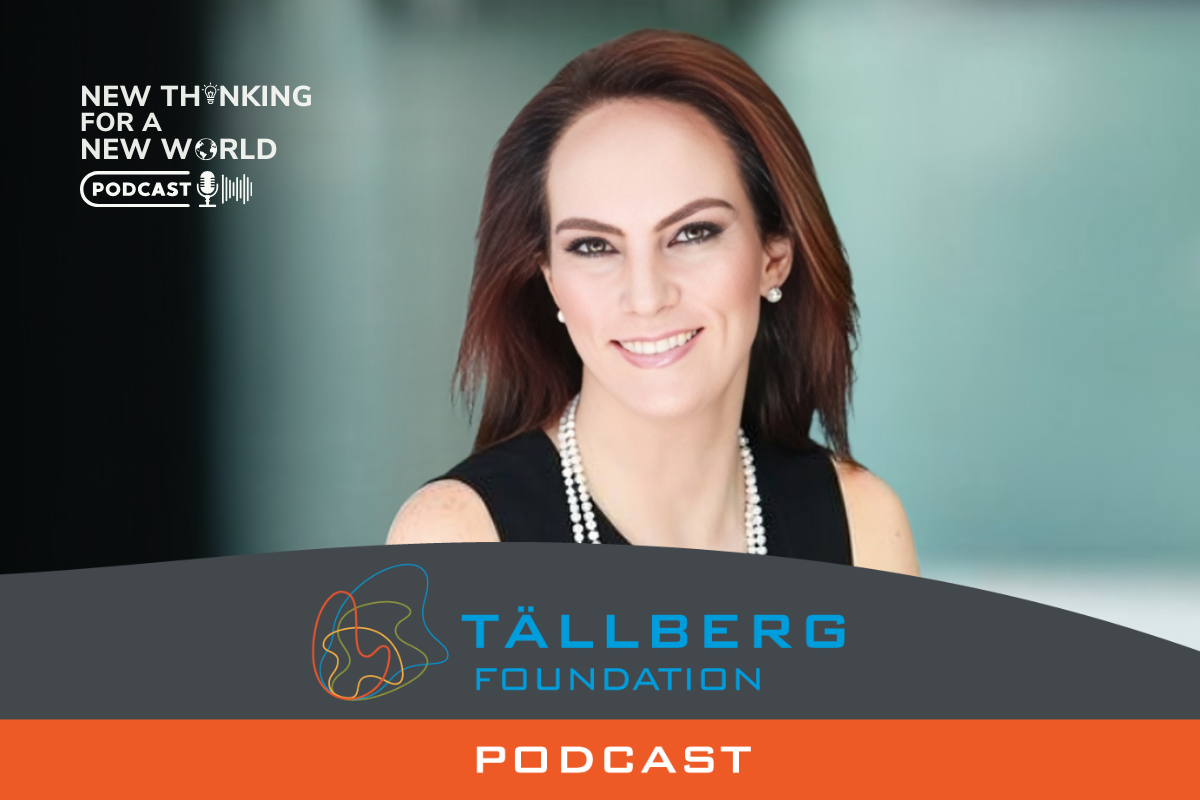
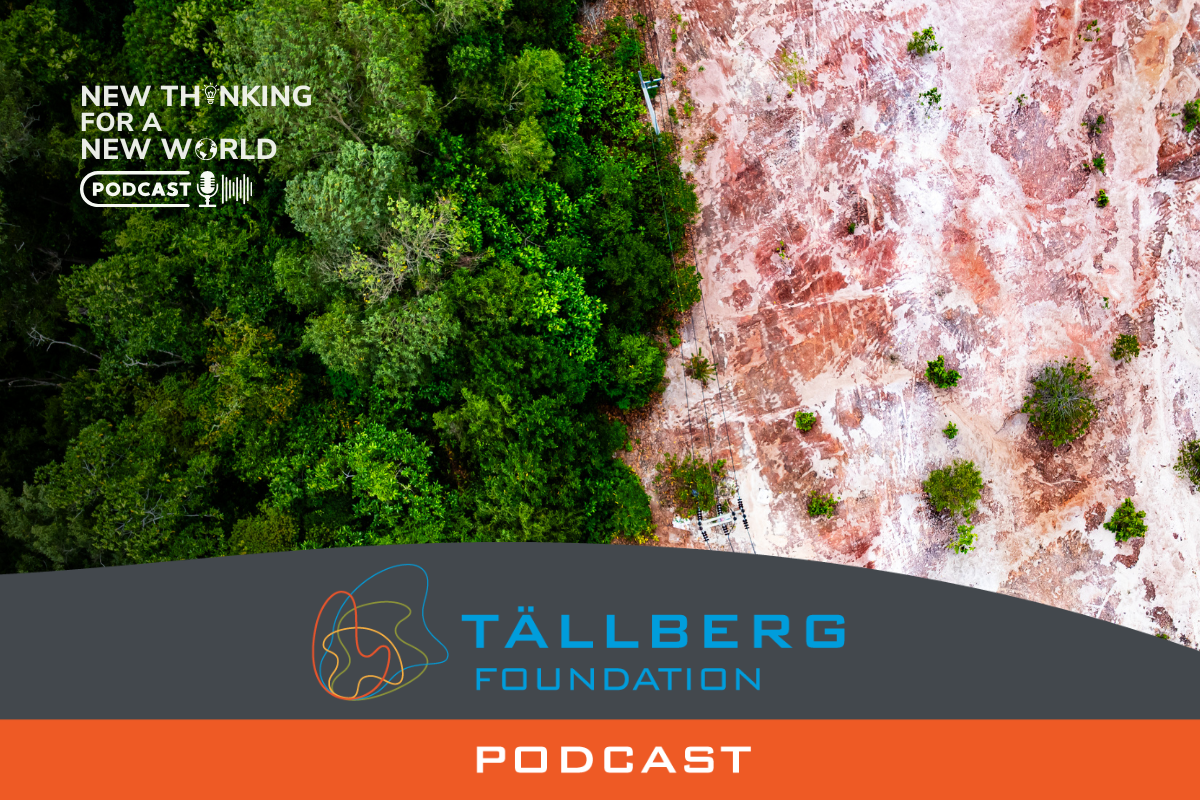
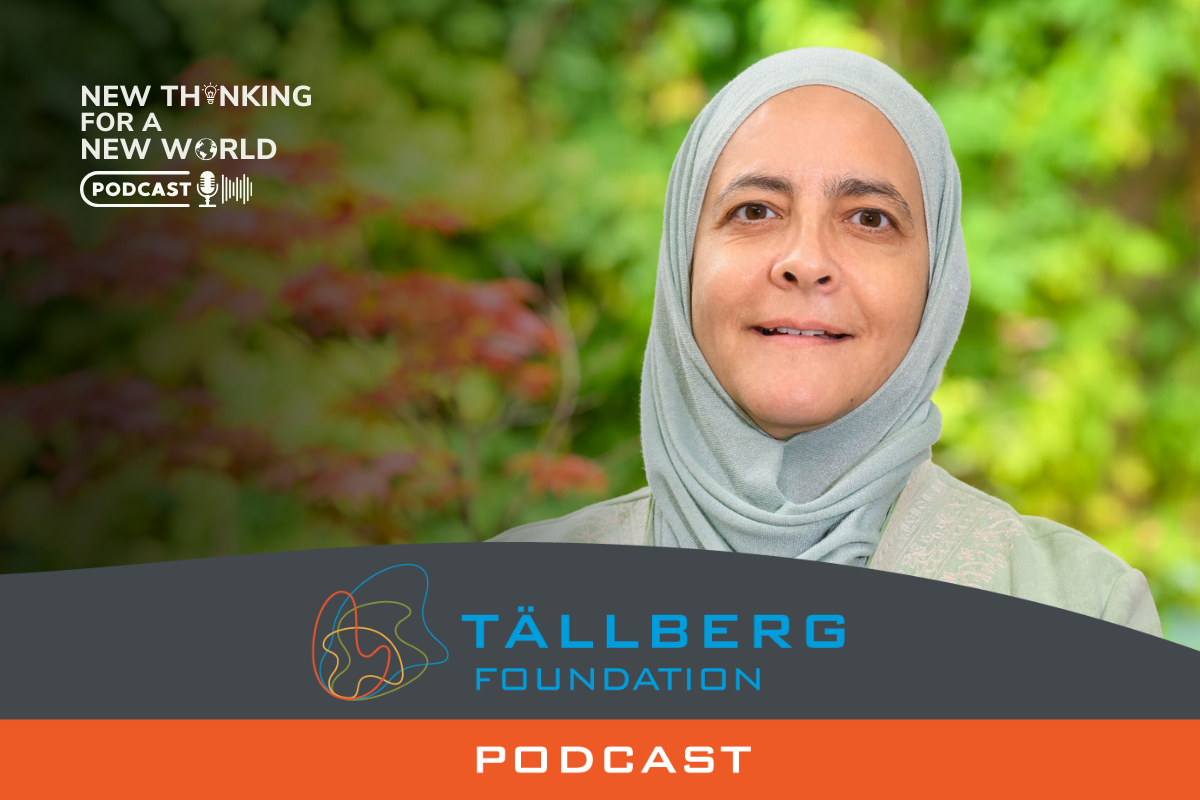
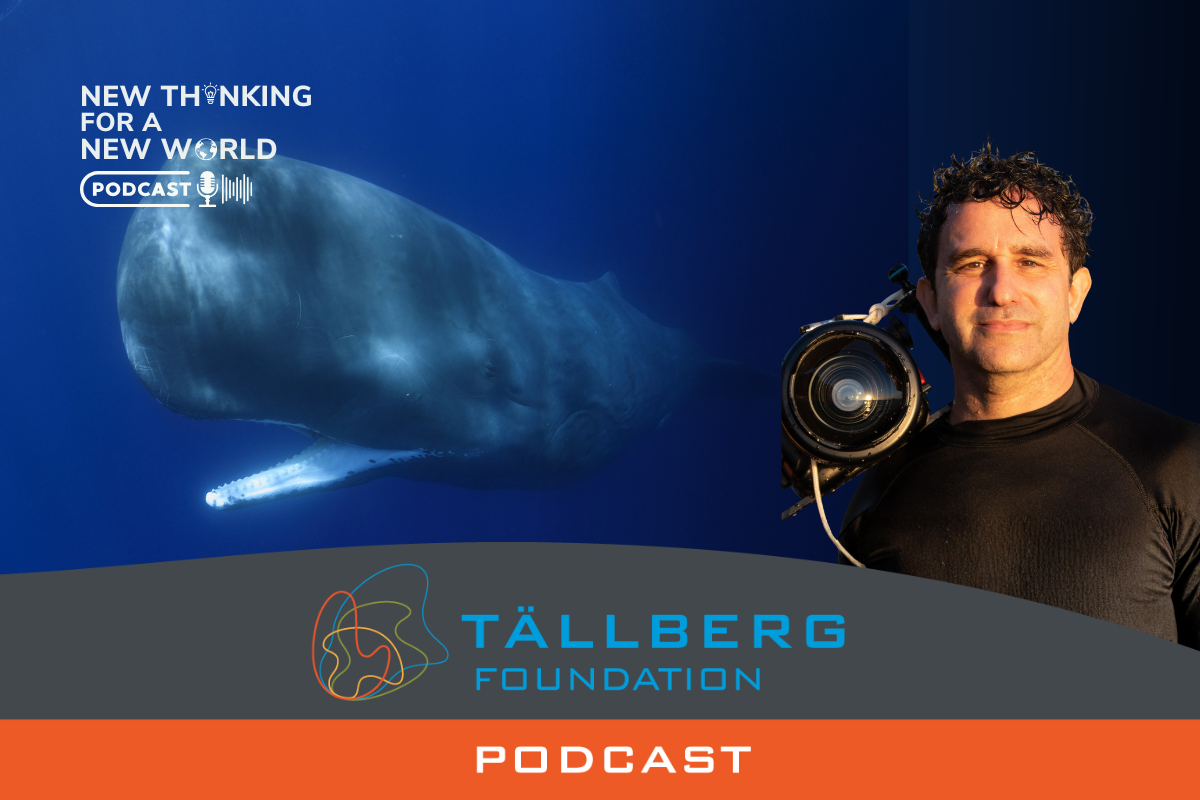
When we realize that, in all the places where we have sought refuge, they are illusions. It is when we see the void, where there is nothing to hold on to. That is when we are free from the worldliness of society, with its businesses.
Always wanting to win is the worldliness of selfishness, of the winner, of the winner. As if it were a rehearsal for war: the only thing that matters is victory, winning, defeating.
And all of that is a cause of pain; to which one must respond, react. And so, for a million years. Why is it answered with the same coin?
Therefore, by our deeds, works, they will know us.